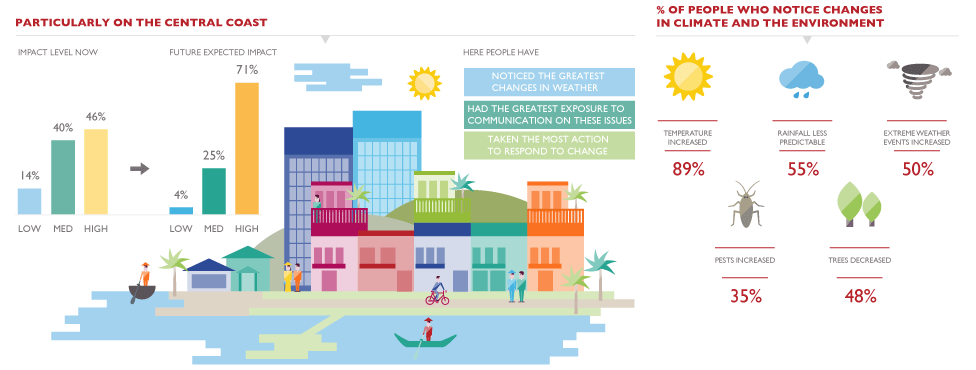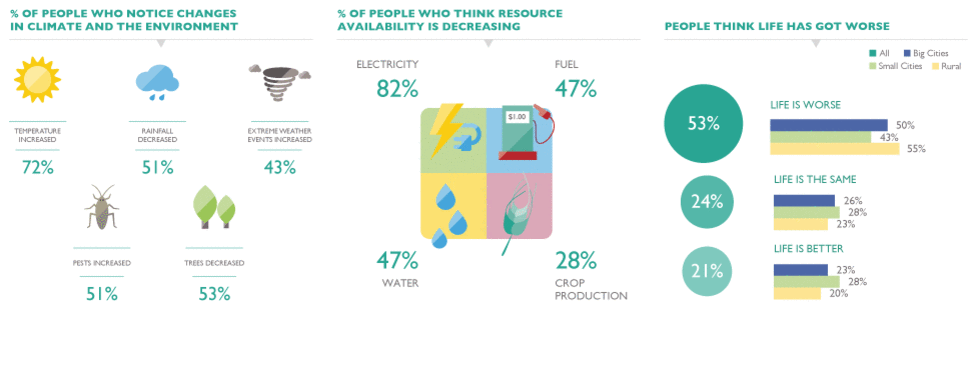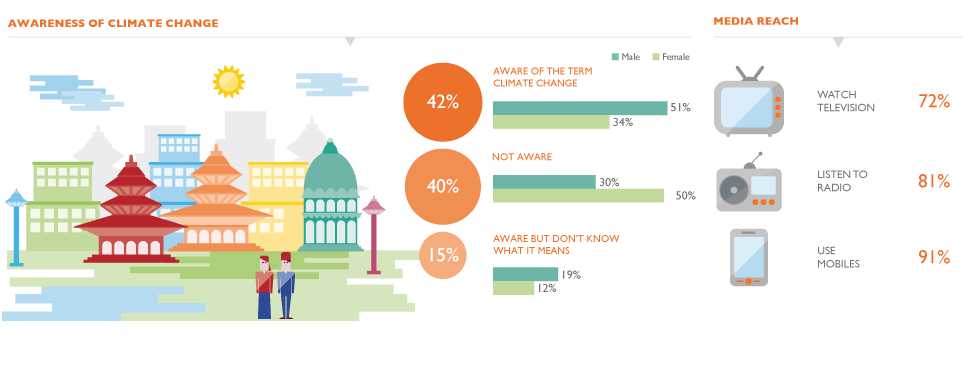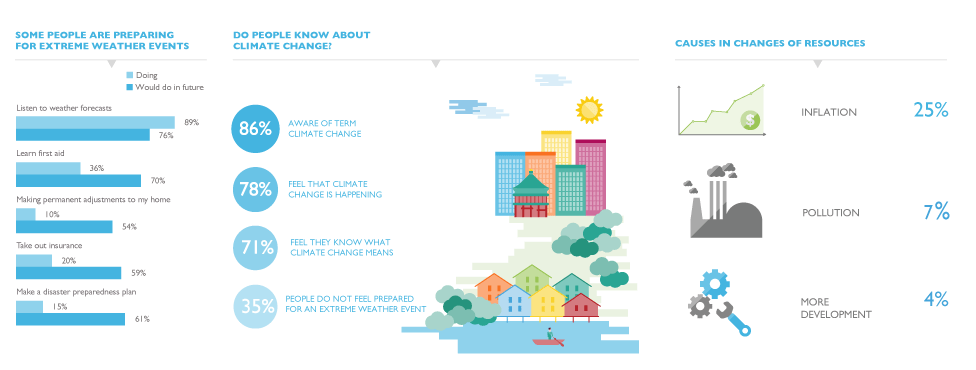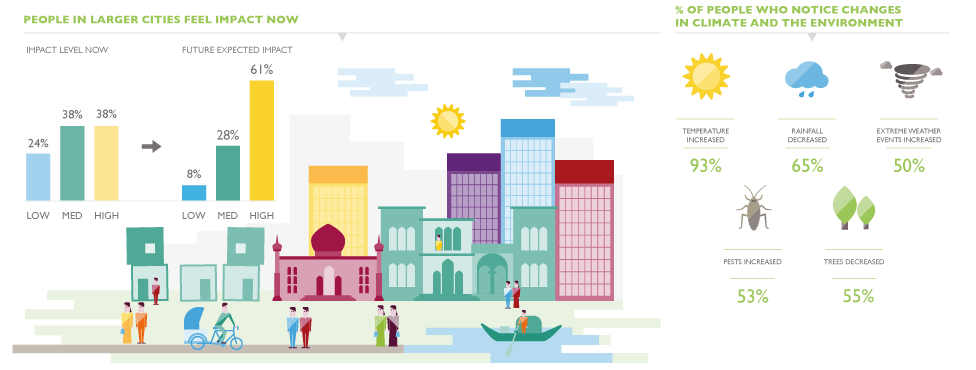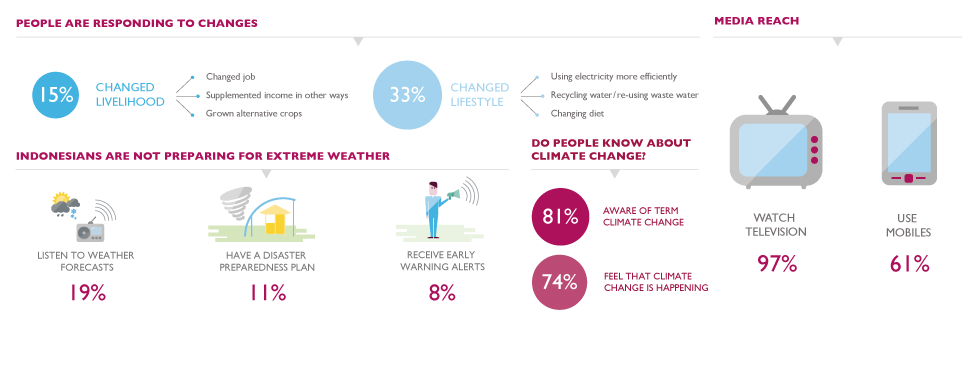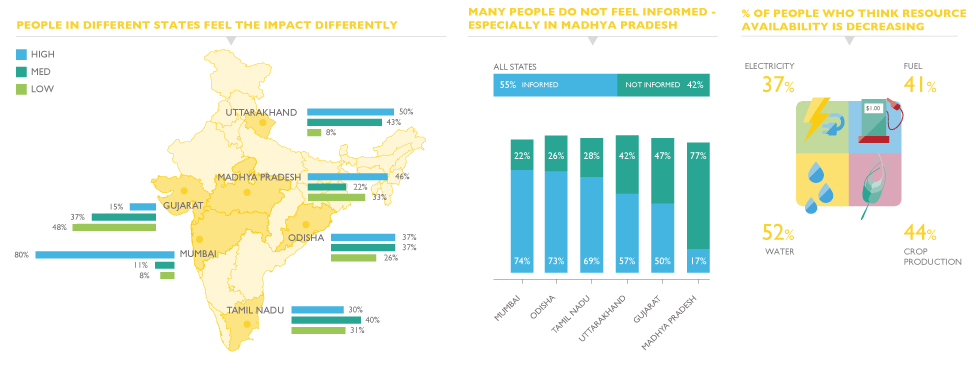BBC Media Action

How we work
BBC Media Action uses various forms of media and communication, to tackle poverty and contribute to long-term change in some of the world’s poorest places.
As well as more traditional mass media and interpersonal communication, we are increasingly using online and social media to help promote conversations, learning and debate.
Our aim is to inform, connect and empower people around the world. We work in partnership to provide access to useful, timely, reliable information. We help people make sense of events, engage in dialogue, and take action to improve their lives.
Our Expertise
BBC Media Action’s expertise lies in listening and responding to our audiences: our audience includes the journalists and others we train, as well as listeners and viewers.
We work closely with partners (chiefly donors, non-governmental organisations, ministries, media houses and broadcasters including the BBC World Service) to ensure development efforts are linked up on the ground to bring lasting change.
We also draw on the expertise of other parts of the BBC, especially the language services of the BBC World Service. Overall the integrity, quality and professionalism of the wider BBC guides our way of working.
All these strong relationships help enhance the reach and impact of BBC Media Action’s work.
Four Levels of Change
BBC Media Action believes that change happens at four levels:
- Systems: the political, social and economic institutions and relationships within society that influence how change happens and provide the context for our work. This includes the media, communications and regulatory environment.
- Organisations: commercial, community and public service media organisations, as well as state institutions, civil society organisations and other not-for-profit organisations.
- Practitioners: fellow media professionals, frontline health workers.
- People: all those who need and inform our work including our audiences and beneficiaries.
BBC Media Action works at all of these levels, tailoring our interventions and methodologies for each.
For example, when supporting a state broadcaster to become a public service broadcaster, we work at both the organisational (around management and policy) and the practitioner level (providing training around journalism and programme-making).
While developing new programmes and formats, and when conducting audience research, we work at the people level.
In Bihar State in India we are working at practitioner level providing frontline health workers with training via mobile phones and at people level by providing information directly to pregnant women and new mothers and their families.
Finally, we engage at the system level when working with governments, for example, around the development of new media laws.
Emphasis on research
BBC Media Action’s work is underpinned by rigorous research to inform each stage of project delivery and to measure impact. This ensures that we respond as effectively as possible wherever we work.
Research particularly focuses on identifying what will interest and attract people to engage with the issues to facilitate change at people level.
